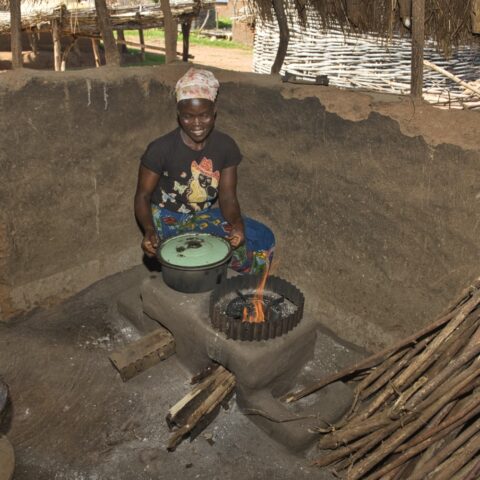Energy
In partnership with CQuest, COMACO has distributed 97,463 fuel-efficient cookstoves that are monitored annually for their use and maintenance. Rather than extracting logs from local forests to cook with, these stoves use small twigs and are ideal for using off-cuts from agroforestry tree species that COMACO uses, Gliricidia sepium. From surveys, we estimate as many as 37 trees of varying size are spared from being cut down as a result of these stoves, which are approximately 60% more fuel efficient than open fires that use larger pieces of firewood. They also give off significantly less smoke and reduce the risk of respiratory diseases caused by inhalation of smoke by mothers and their children when cooking.
Distribution of stoves is currently limited to Eastern Province, as illustrated in the map below. However, COMACO is actively planning to expand the use of these stoves in all of its operational areas in the coming year.
COMACO Causes
Energy
In partnership with CQuest, COMACO has distributed 97,463 fuel-efficient cookstoves that are monitored annually for their use and maintenance.
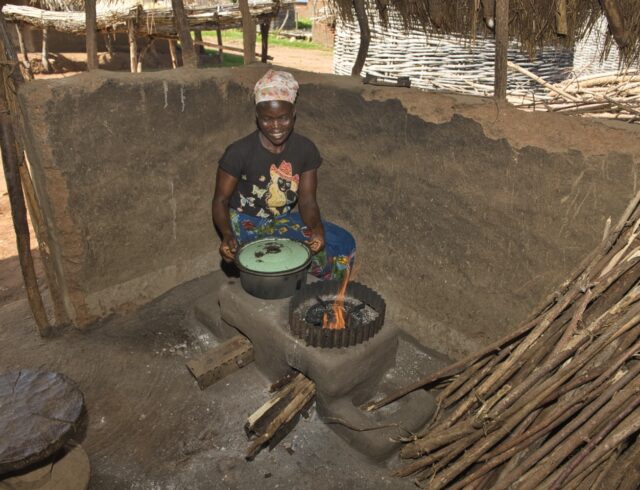
Women’s Empowerment
52% of COMACO farmers and half of all cooperative leaders are women, figures that would have been unimaginable twenty years ago.
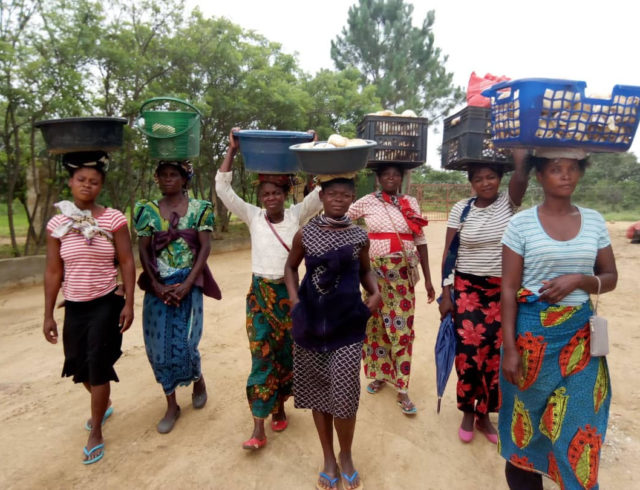
Manufacturing as a Tool for Conservation
We supply over 8,000 tons of nutritious food products to Zambia’s cities and towns annually under the brand It’s Wild!.
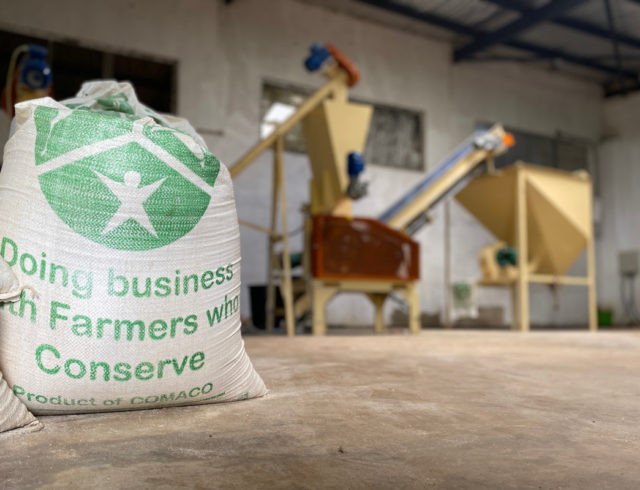
Carbon Project
We worked with local chiefs to establish Community Conservation Areas designed to safeguard Zambia’s forests and the wildlife within them.
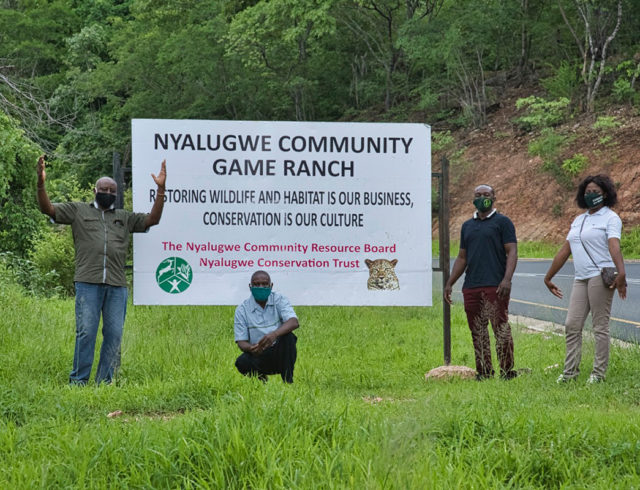
Cooperatives
We helped establish 103 community-run cooperatives in 84 chiefdoms across Eastern, Central and Muchinga Provinces of Zambia.
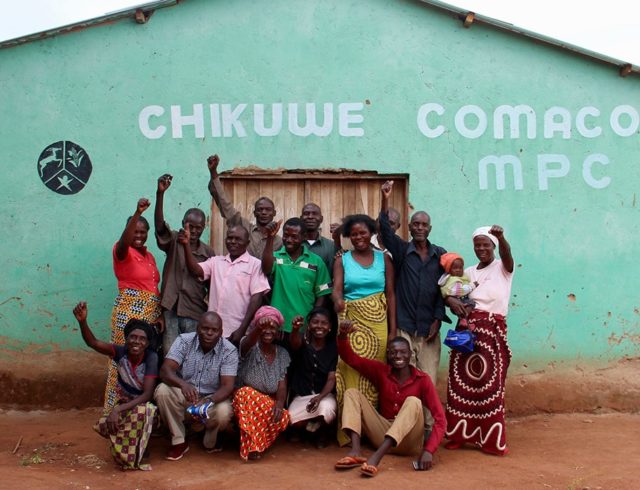
Transformed Poachers
COMACO started operating in Luangwa Valley with a mission to help wildlife poachers learn new skills to fulfil their livelihoods and protect wildlife.
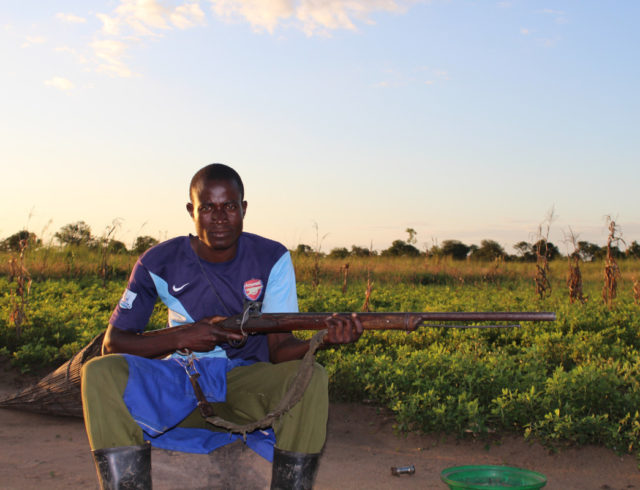
Agroforestry
In the 2020/2021 season, we partnered with 72,000 farmers in Eastern and Muchinga provinces to plant over 46 million Gliricidia Sepium trees.
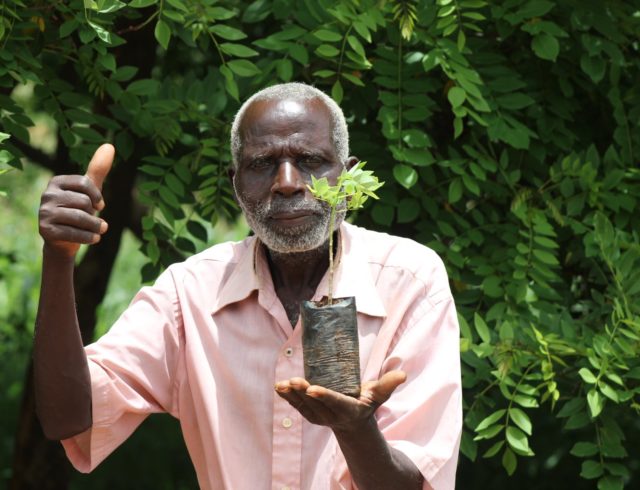
Beekeeping
We work with over 7,000 farmers in the Luangwa Valley not only to protect landscapes and forests, but also to improve household nutrition and income.
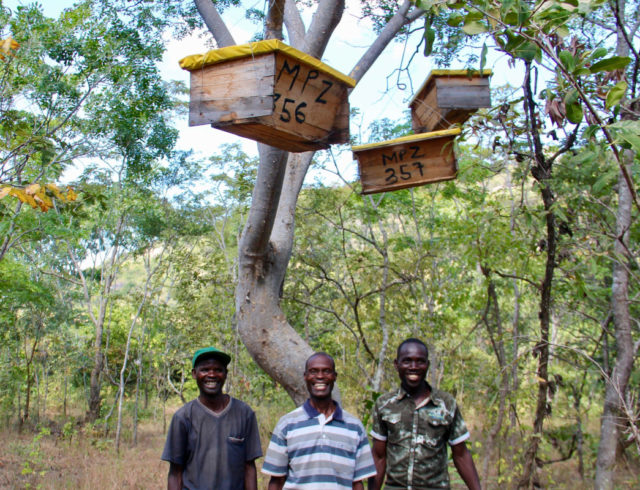
7223 Kachidza Road | Light Industrial Area | Lusaka, Zambia
Phone: Sales +260971583282
Email: social@itswild.org
